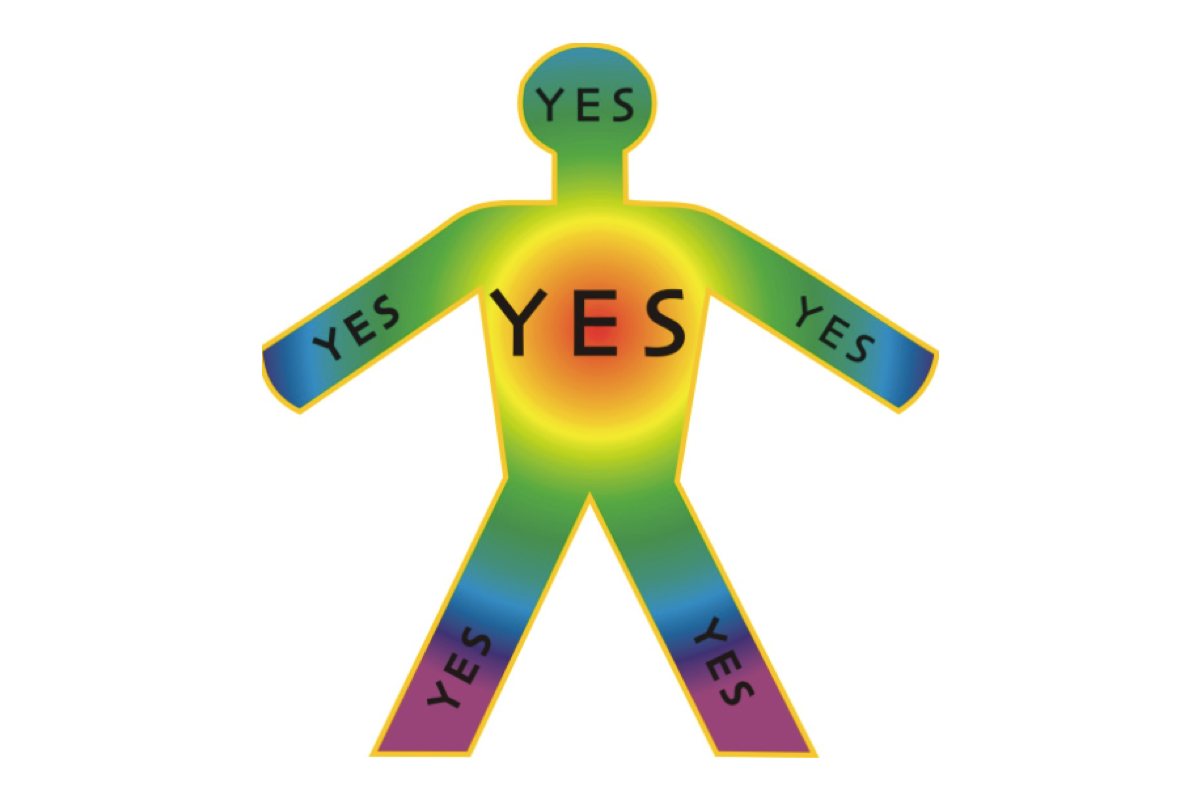This step-by-step guide is to shift from our usual habit of pushing away negative emotions to becoming inquisitive about them.
The no-frills nature of this simplified process helps me ground myself when at times I over-complicate self-reflection or contemplation after meditation sessions.
- Sitting casually, in stillness. Doing this exercise is great after a meditation session, but not required.
- Being aware that a negative emotion has popped up (it shouldn’t take long; took me about 40 seconds).
- Instead of trying to get rid of the tense feeling, be patient with it. This is easier said than done (trust me I know), but if you are able to move past your automatic reaction of quickly distracting yourself, you can start getting to the root of the negative emotions.
- Ask yourself, “Why am I feeling this?” This is when the magic begins. You will receive answers that you did not know or maybe did not acknowledge at a previous time.
Now, I’m not saying to do this for an hour straight the first time around. Just try to gently plant the seed. Be genuinely curious, like a child, about what is going on. Eventually, by not applying force, answers will begin to come to the surface at the right time.
You are not your emotions, but you are the observer of them. If your identity is not defined by the emotions you experience, then it doesn’t make sense to give them so much power and importance. They serve a purpose, however. A sort of golden gate into our mind. Try to see emotions as the tool that they are, nothing more.
Personally, I have been able to get to the root of a big anxiety around professional performance, which I will get into detail in a future post. Without this type of practice, inspired by the teachings of Tara Brach from her book Radical Acceptance, I would be tired out by hacking away at tasks that make me have a sense of productivity just so that I feel sufficiently worthy.



